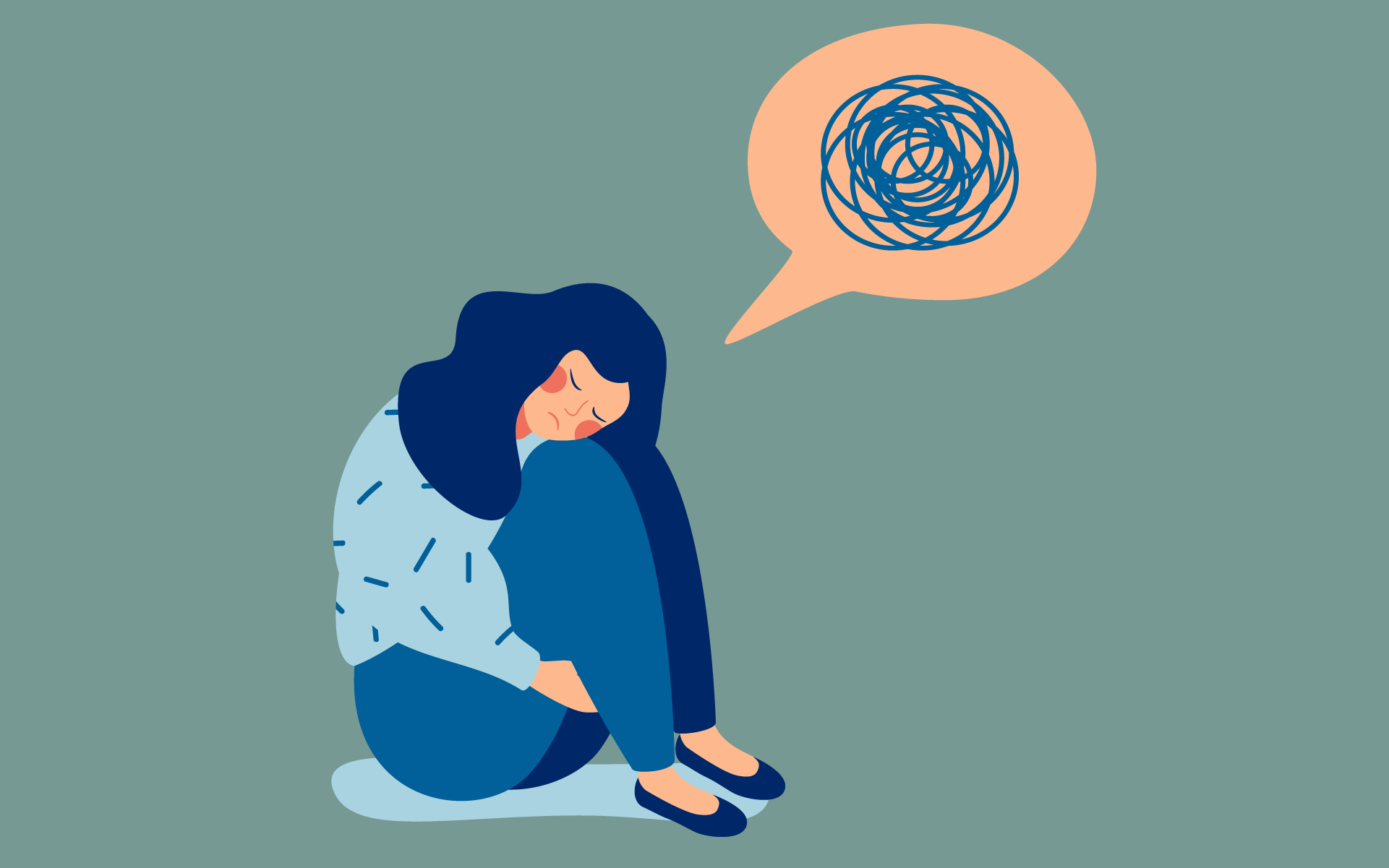An essential success skill is learning to lessen daily feelings of pressure
Pressure anxiety is the perpetual feeling that you have to produce results and simultaneously questioning whether or not you can. Sometimes pressure anxiety appears during the course of a project. A manager, for example, might experience pressure anxiety for the course of a six month assignment but when completed, pressure anxiety vanishes. The same is true for a novelist.
More and more though, I’ve observed that mant people are experiencing pressure anxiety on a daily basis, irrespective of a particular project. Financial advisors, real estate agents, retail managers, attorneys, physicians, accountants, coaches, and consultants in private practice, are only some of the professional groups that I have spoken to in the last year that report frequent feelings of pressure anxiety. Even when these people are experiencing success, they still experience pressure anxiety.
What causes pressure anxiety is discussed in my new book Performing Under Pressure: The Science of Doing Your Best When It Matters Most (Crown, 2015) and will be the subject of another post; the emphasis here is on the more immediate need — how to reduce it. These 4 actions will help you do so:
1. Focus on how good you are at something, not your ranking. You’ll experience less pressure if you focus on your own skill and excellence rather than how you stack up against others. We all know that we live in a competitive world. But we can’t control the efforts of the other guy. Competition encourages us to try to be better than others. The tradeoff is a constant feeling that “you have to be the best,” which can create unrealistic expectations and a sense that you don’t measure up. Focusing on your own excellence, rather than beating out the other person, puts you in control of your destiny. It promotes feelings of confidence, rather than pressure anxiety. People who are highly competitive are frequently successful but many of them expereince more than their share of pressure anxidety.

2. Adhere to your values and personal expectations. You’ve probably seen plenty of films and television shows in which one of the characters feels extreme pressure to live up to the expectations of others. These shows are a good example of art imitating life, and we relate to them because it’s such a common pressure.
Whether because of a fear of rejection or the need to be accepted, attempting to perform to meet the expectations of others helps to exacerbate pressure. It can force you to navigate a different course than you would otherwise.
Staying true to your values and honoring the goals and expectations you set for yourself are more likely to reduce the feelings of pressure you experience.
3. Focus on your interests, not the incentives. Almost everyone thinks about incentives in the workplace, from salaries to bonuses to promotions. Paradoxically, those who focus excessively on attaining them or losing them are more likely to feel stress, anxiety, and fear— emotions that intensify feelings of pressure that, ironically, inhibit their capabilities to attain the very incentives they desire.
Those who pursue and develop their interests in their careers are much more likely to experience positive emotions at work than those who don’t, as well as greater productivity.
The same is true for people who focus on achieving a sense of purpose and meaning through their work. If you are starting out in the work world, follow your genuine interests— any pressure you experience will be buffered by the feelings of curiosity and fulfillment
that come from following your passions. If you’ve been in the work world for a while, try to rekindle your purpose.
4. Appreciate what you “have,” not what you “have not.” Experiencing joy is a great minimizer of pressure. Appreciate the people, events, opportunities, and achievements that enrich your life, but which so many of us often take for granted. Focusing on what you don’t have will likely increase your feelings of pressure. To de-pressurize, take a few minutes each day to appreciate what you have. You will feel calmer, happier, and more relaxed.
Integrate these “depressurization actions” into your life and you will probably feel a whole lot better—you will be experiencing less pressure!

